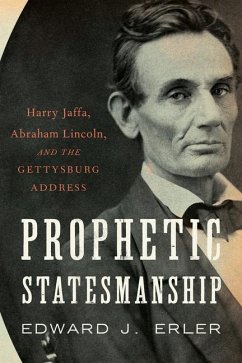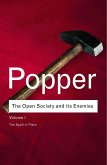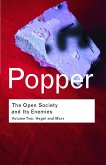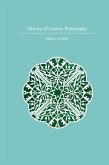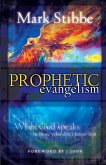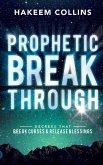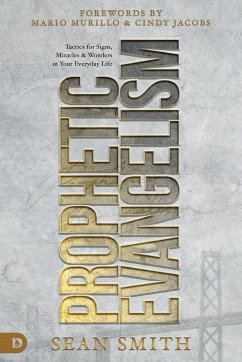In Prophetic Statesmanship: Harry V. Jaffa, Abraham Lincoln, and the Gettysburg Address, Edward J. Erler presents the lesser-known, late-life scholarship of renowned Lincoln scholar, Harry Victor Jaffa. Through a deep reading of Lincoln's Gettysburg Address and Second Inaugural, Erler considers some of Jaffa's startling discoveries about Lincoln, Aquinas, Aristotle, and America's political founding--discoveries that sometimes seem to contradict Jaffa's own prior writing and often contradict the existing scholarly consensus. In 1959, Jaffa established himself as a foremost Lincoln scholar when he published Crisis of the House Divided, a revolutionary breakthrough in the understanding of Lincoln's political philosophy. But by the time Jaffa published A New Birth of Freedom (2000), he had developed a deeper understanding of what is known as the "theological-political question," the conflict between theology and politics in philosophical thought. Jaffa referred to this development as his "second sailing." Jaffa was never able to flesh out his evolving ideas about the "theological-political question," as it concerns Abraham Lincoln, while he was alive. At the behest of Jaffa, his student Edward Erler wrote this book to do just that.With his own scholarly aplomb Erler explores Jaffa's scholarship on Aristotle's presence in the American founding; Abraham Lincoln and Thomas Aquinas's surprising, shared--albeit concealed--vision of participatory government; the union of divine law and natural law in the American founding; and the primacy of prudence as supreme political virtue; among other topics. This is a book for anyone interested in the past and future of American political thought.
Bitte wählen Sie Ihr Anliegen aus.
Rechnungen
Retourenschein anfordern
Bestellstatus
Storno

